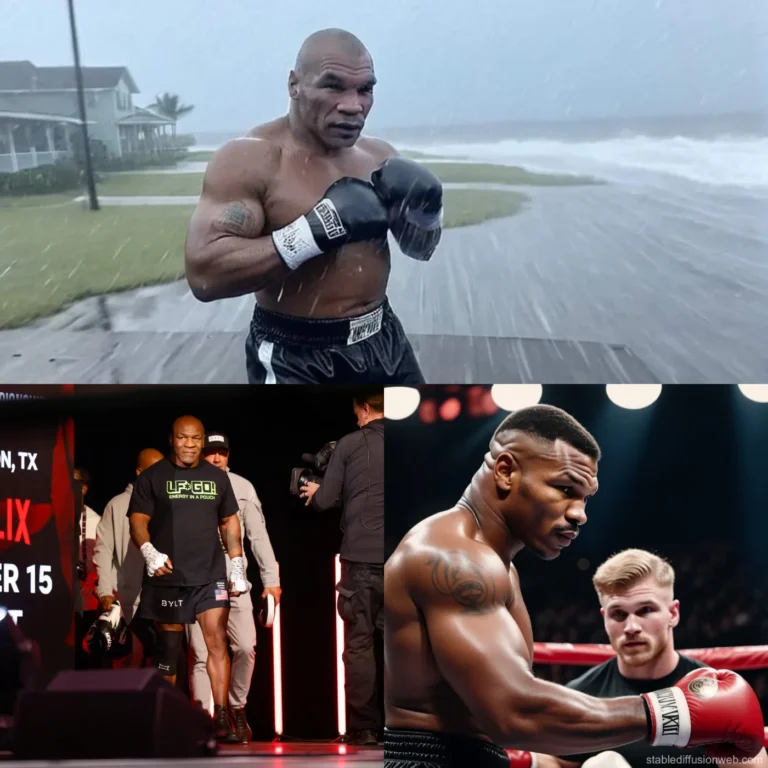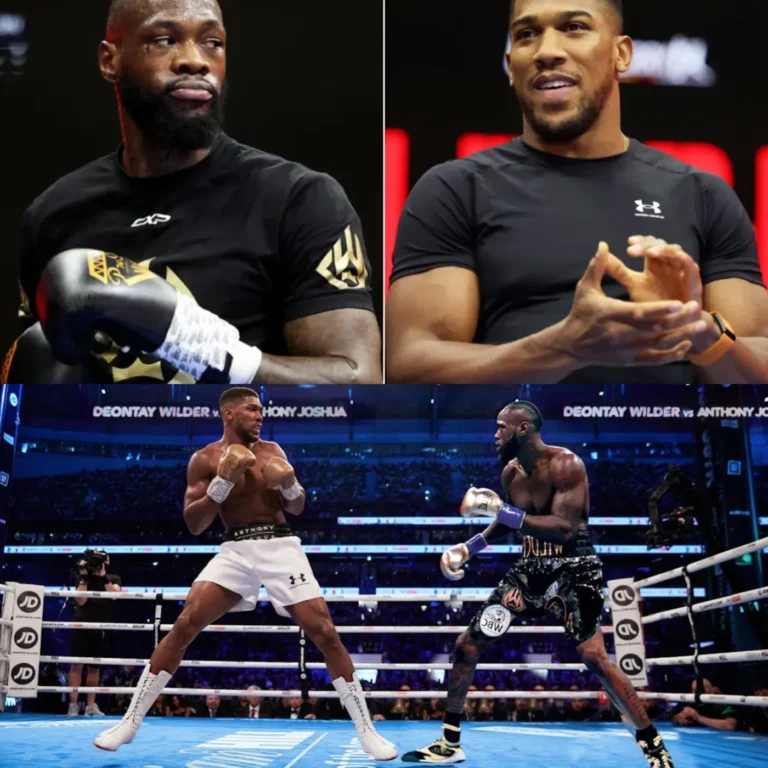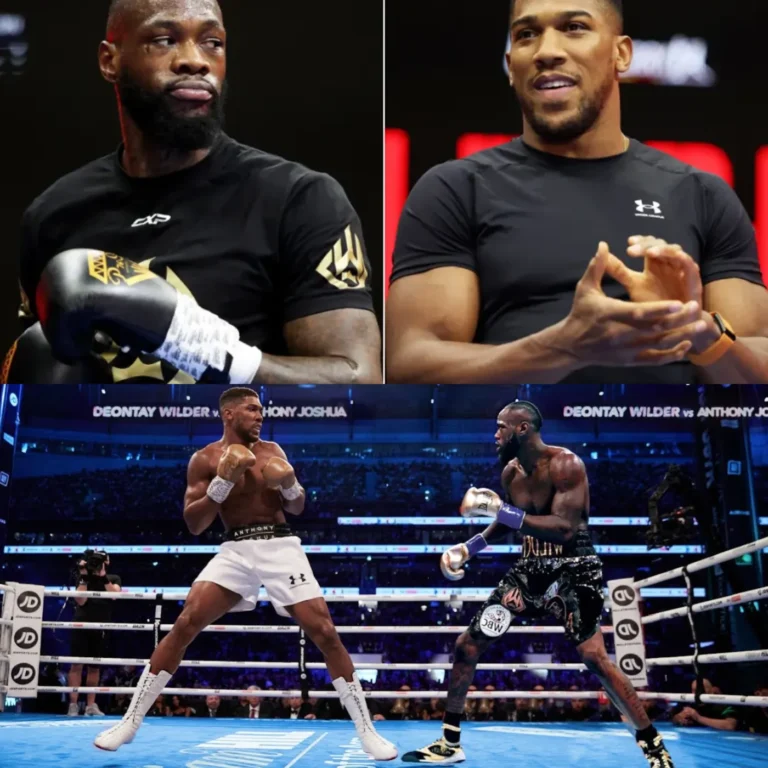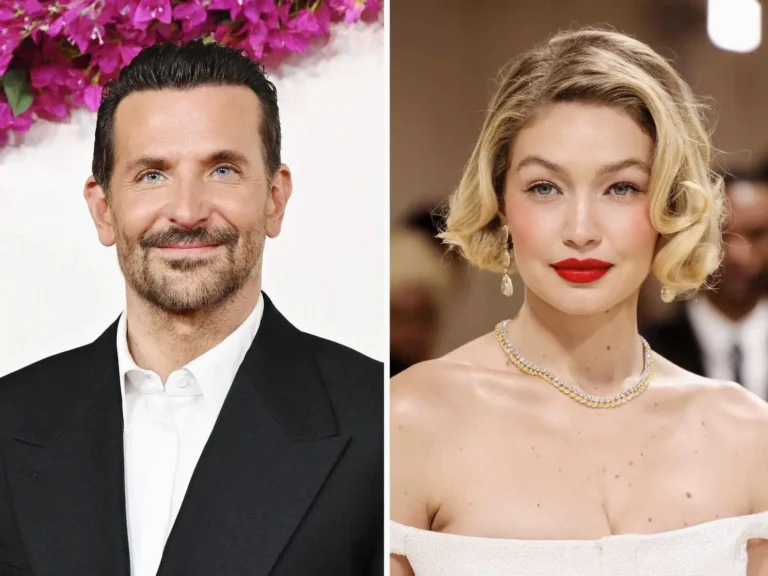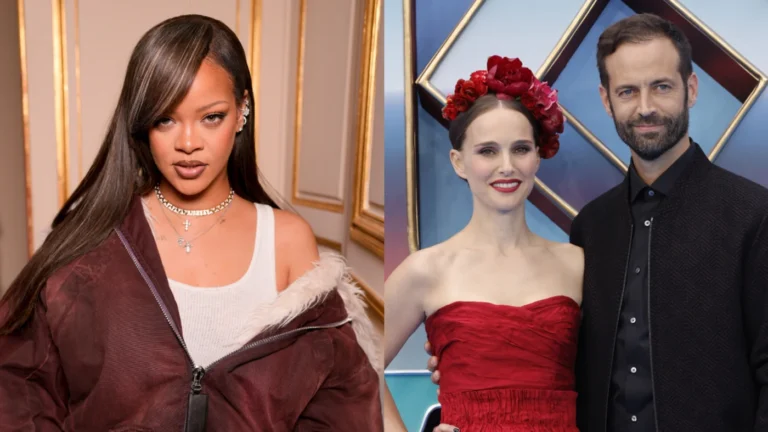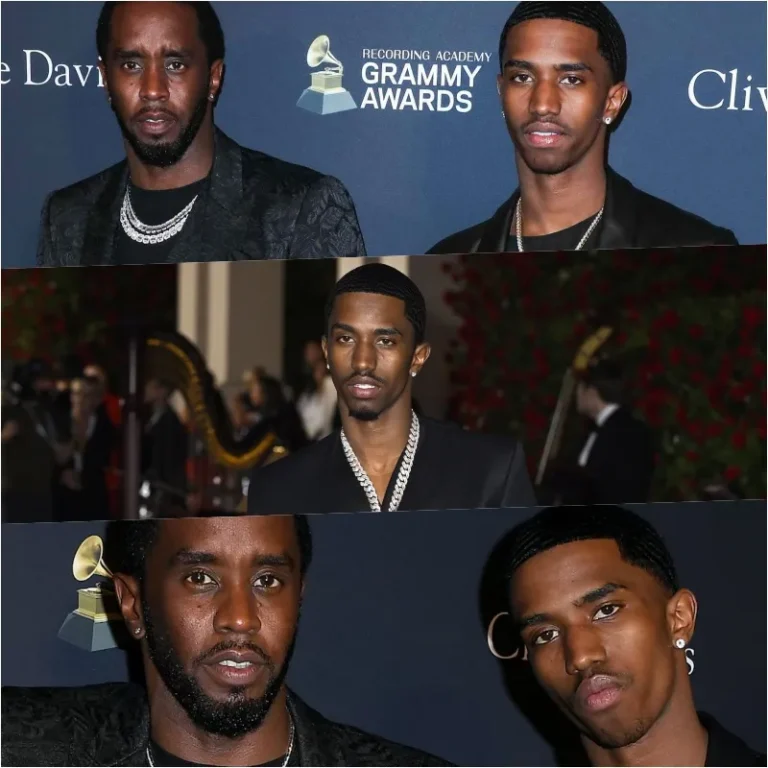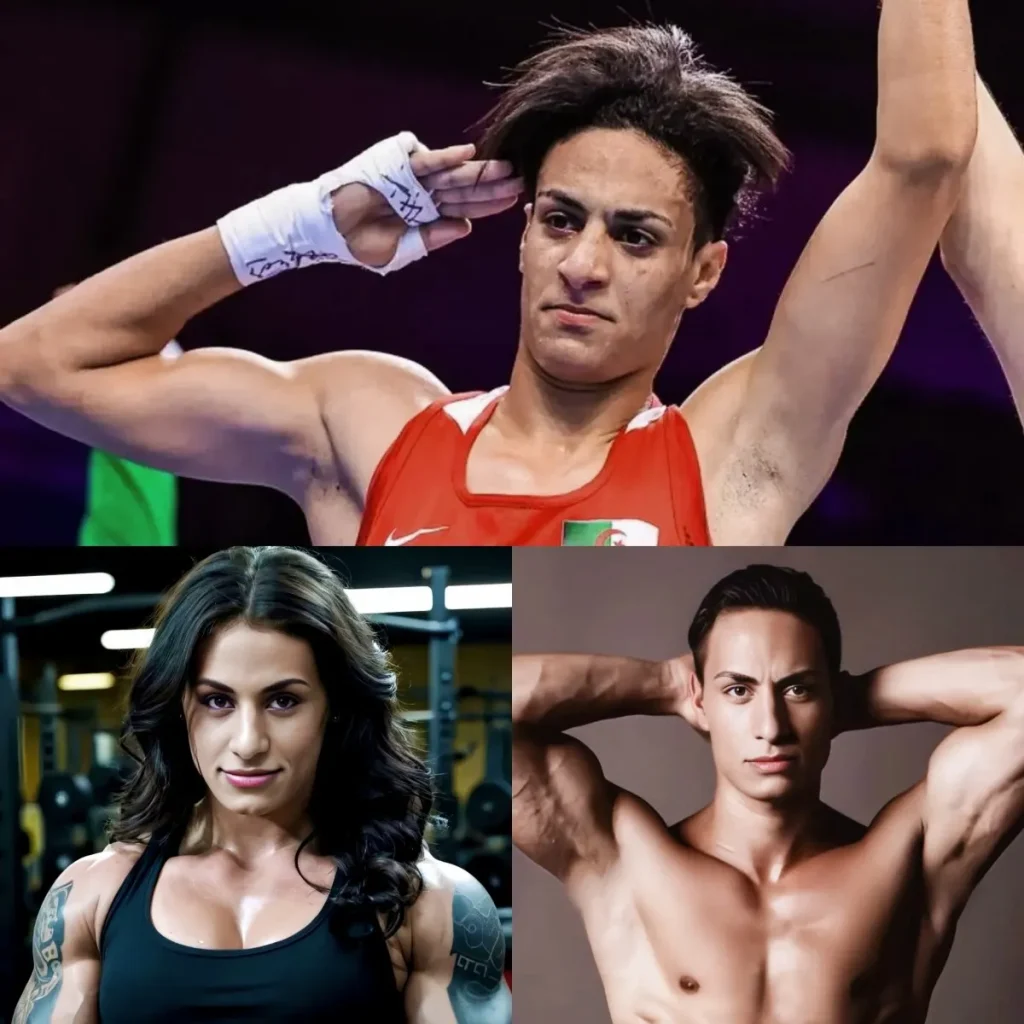
Imane Khelif – an Algerian female boxing champion and gold medalist at the Paris 2024 Olympics, has made headlines not only for her achievements but also for the waves of gender-based skepticism and criticism from public figures and the media.
Historic victory in Paris 2024
Imane Khelif secured her place in Olympic history by defeating China’s Yang Liu with an impressive 5-0 victory in the women’s welterweight final. This historic win earned Algeria its first-ever female boxing medal and brought a surge of pride from fans at home, establishing Khelif as a formidable force in women’s boxing.

However, controversy surrounded Khelif from her very first Olympic match. In a dramatic opening bout, she compelled her opponent, Italian boxer Angela Carini, to withdraw after only 46 seconds, citing “unbearable pain from Khelif’s punches”. This quick and dominant performance sparked debate on social media and caught the attention of public figures and media critics alike.
Public and celebrity criticism
As Khelif rose to the forefront of Olympic boxing, she faced significant scrutiny from individuals questioning her eligibility to compete in women’s events. Among the most vocal critics was J.K. Rowling, the author of the Harry Potter series. Rowling shared a statement on social media, referring to Khelif as a “man” and accusing her of “taking pleasure in causing pain by punching a woman in the head”. The post quickly spread across social platforms, sparking an intense debate around Khelif’s Olympic participation.

Adding to the controversy, billionaire Elon Musk voiced his support for those critical of Khelif’s inclusion in women’s boxing. Musk shared a post by swimmer Riley Gaines, a long-time advocate against male participation in women’s sports, with the comment: “There is no place for men in women’s sports”. Former U.S. President Donald Trump joined the criticism, posting an image of Carini with the statement: “I will not let men compete in women’s sports”. These remarks fueled the ongoing controversy surrounding Khelif and intensified the public conversation about gender identity in sports.
Defending identity and advocating gender equality in sports
Despite relentless pressure, Imane Khelif has firmly defended her identity. She stated, “I am a woman like any other. I was born, raised, and live my life as a woman”. Her words not only affirm her own identity but also serve as a challenge to gender-based stereotypes in sports. Khelif’s unwavering stance and performance have made her a symbol of resilience and dedication.
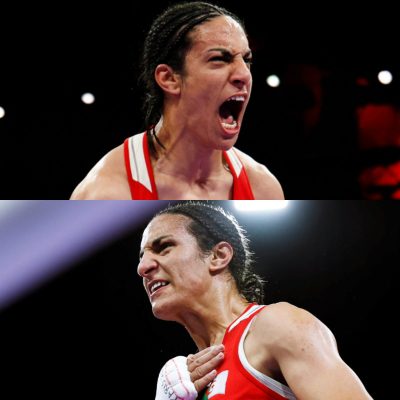
Khelif’s victory is more than a personal triumph; it underscores that female athletes deserve recognition for their skills and dedication rather than facing gender discrimination or assumptions based on appearance. Criticism from public figures and politicians over Khelif’s gender emphasizes the ongoing biases in sports, underscoring the urgent need for advocates championing gender equality and inclusion for athletes with biological and gender differences.
A call for LGBTQ+ inclusion and respect
Imane Khelif’s story is among the most compelling narratives of Paris 2024. Despite public scrutiny, she has risen to become one of the world’s top female athletes, pushing back against those who question her gender and right to compete. Her journey highlights the necessity of acknowledging athletes for their talent and dedication, advocating for a sports environment that celebrates diversity.
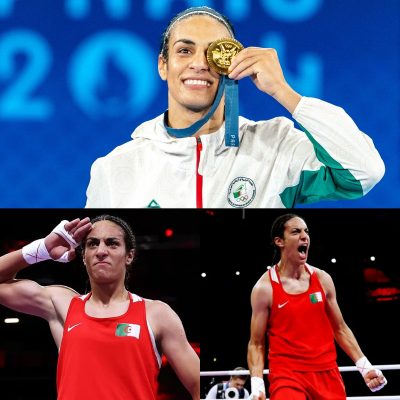
The message behind Khelif’s experience is clear: everyone deserves respect and acceptance, regardless of gender or gender identity. With athletes like Khelif at the forefront, the sports world is moving closer toward inclusivity and equality. Let’s stand in support of these champions and continue advancing a fair, inclusive space for the LGBTQ+ community and all athletes.
